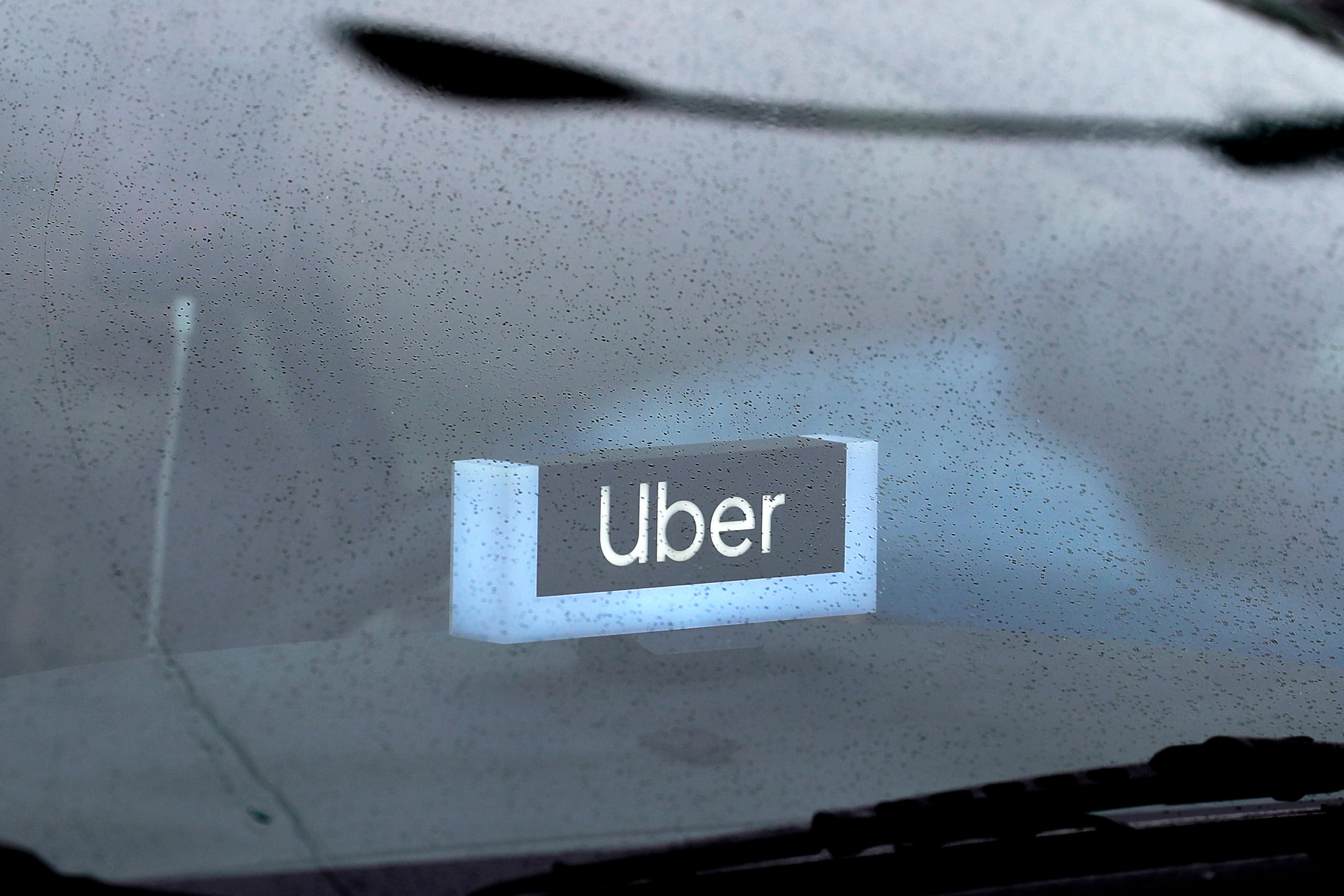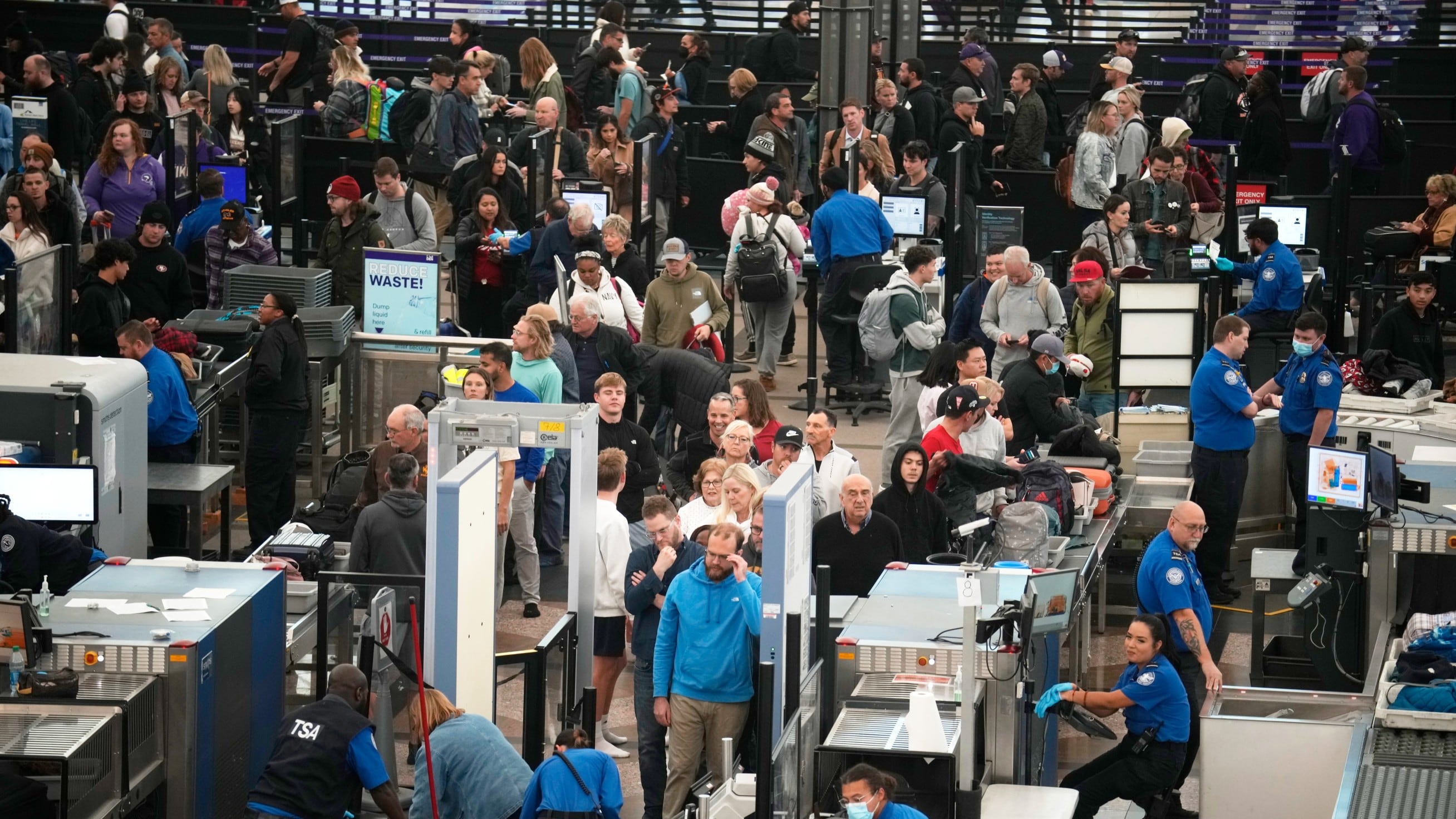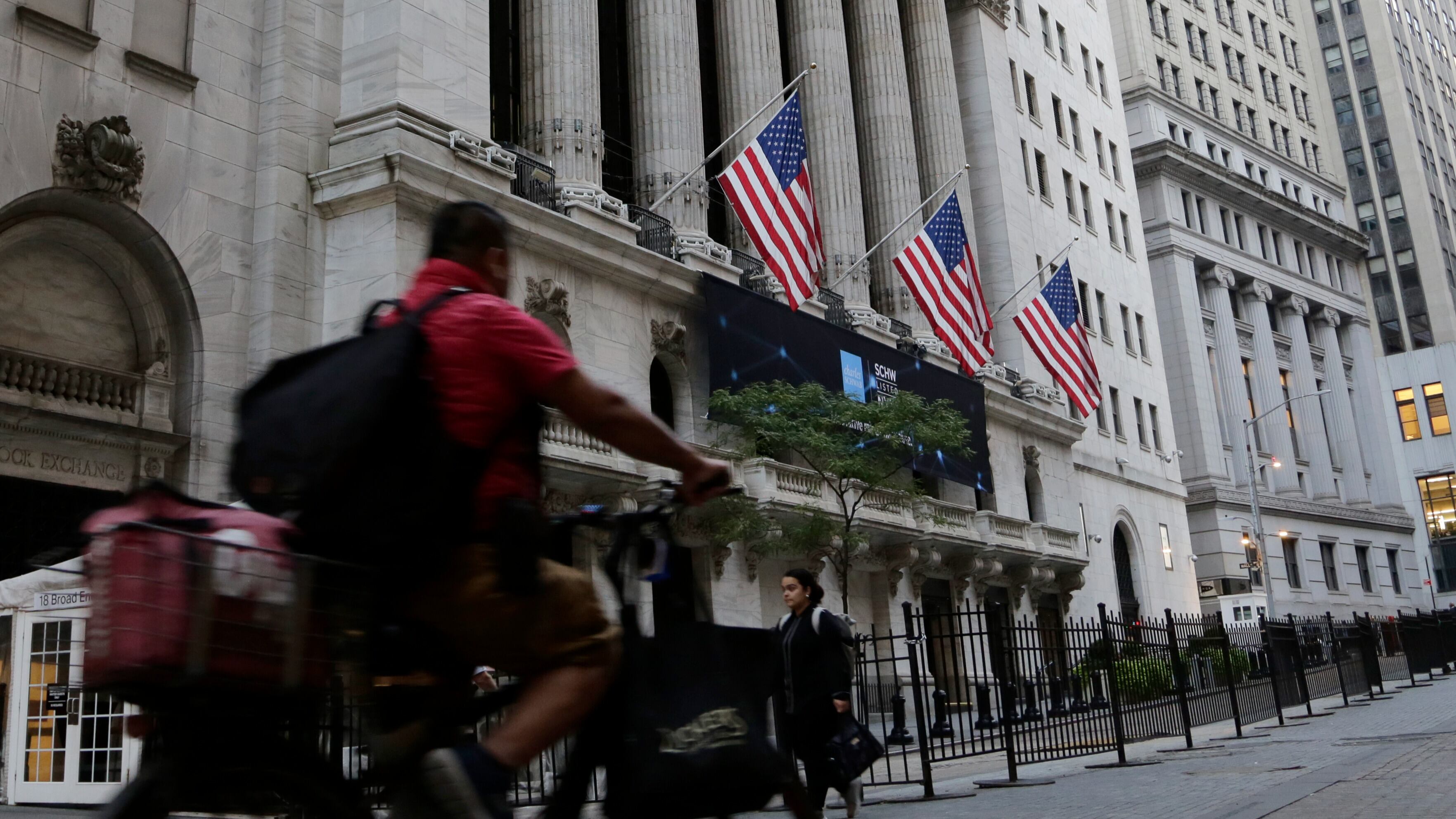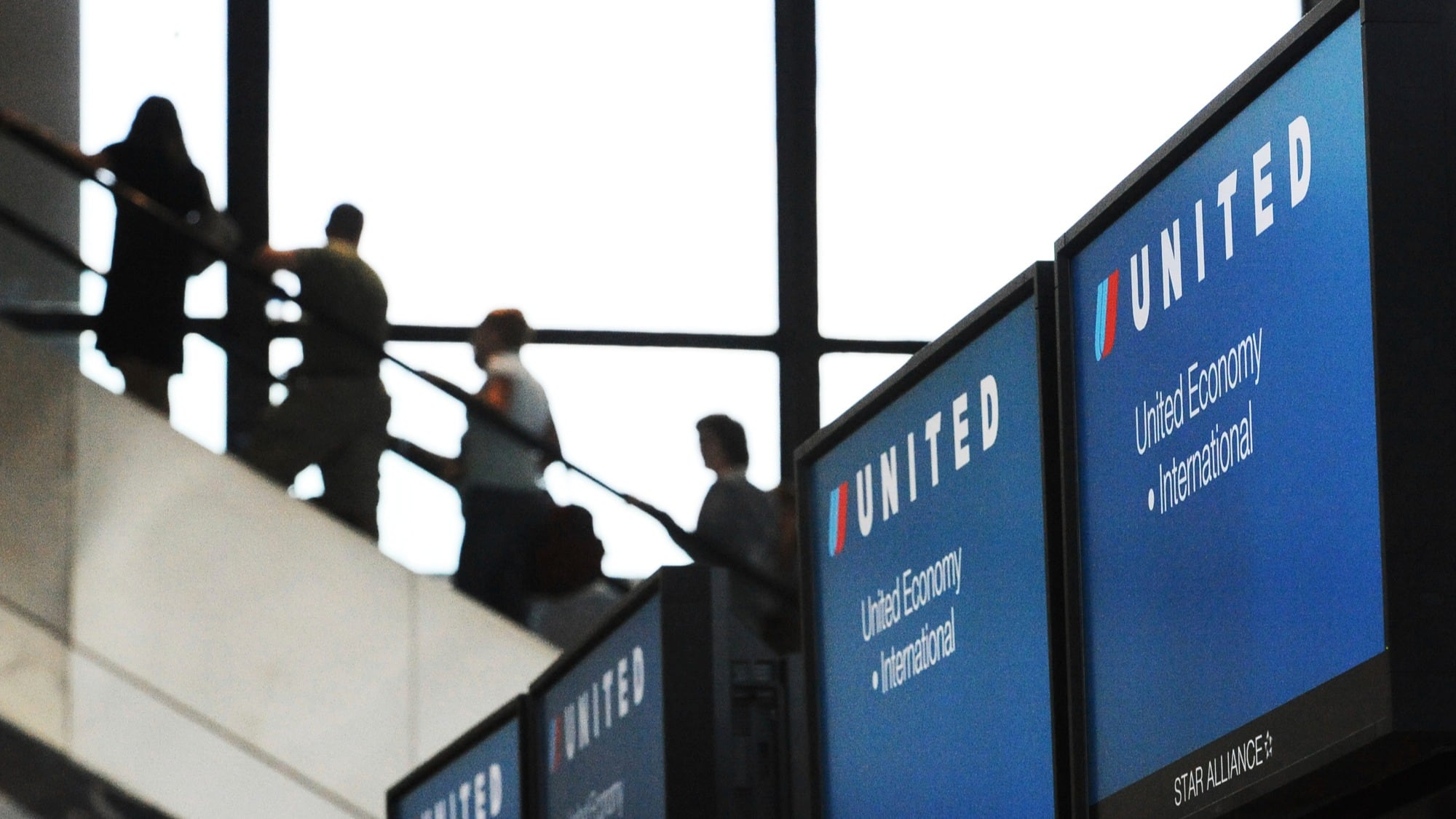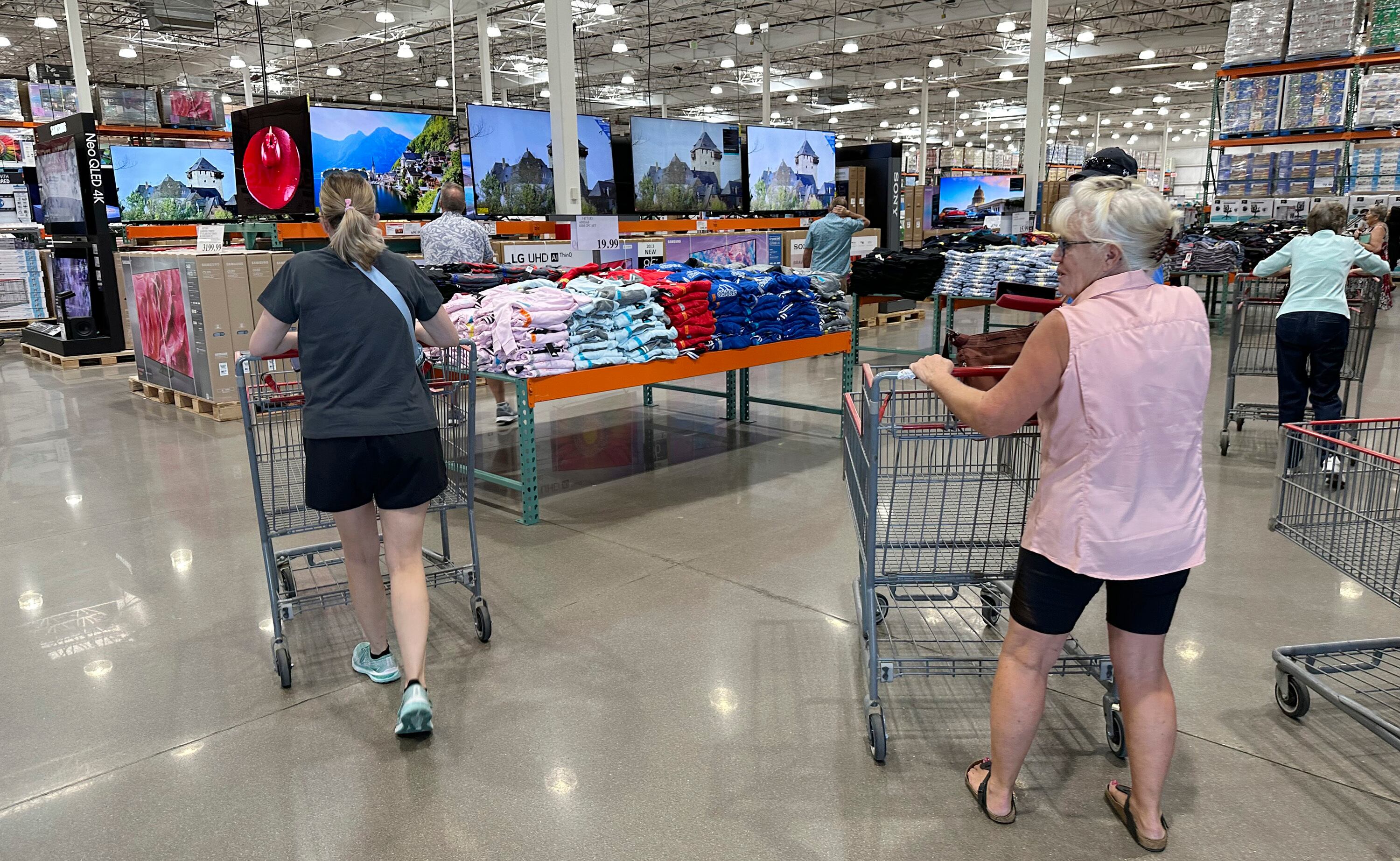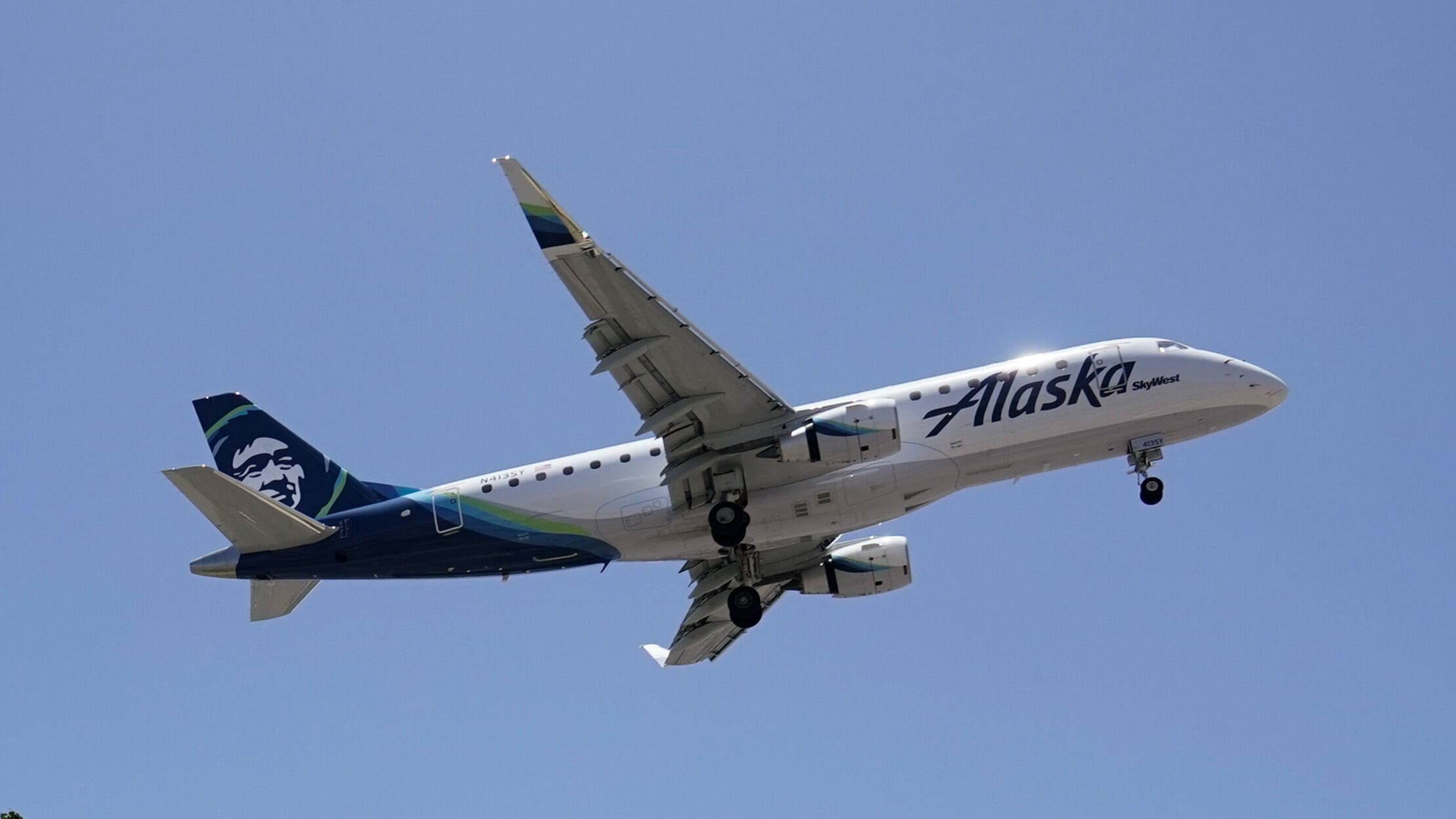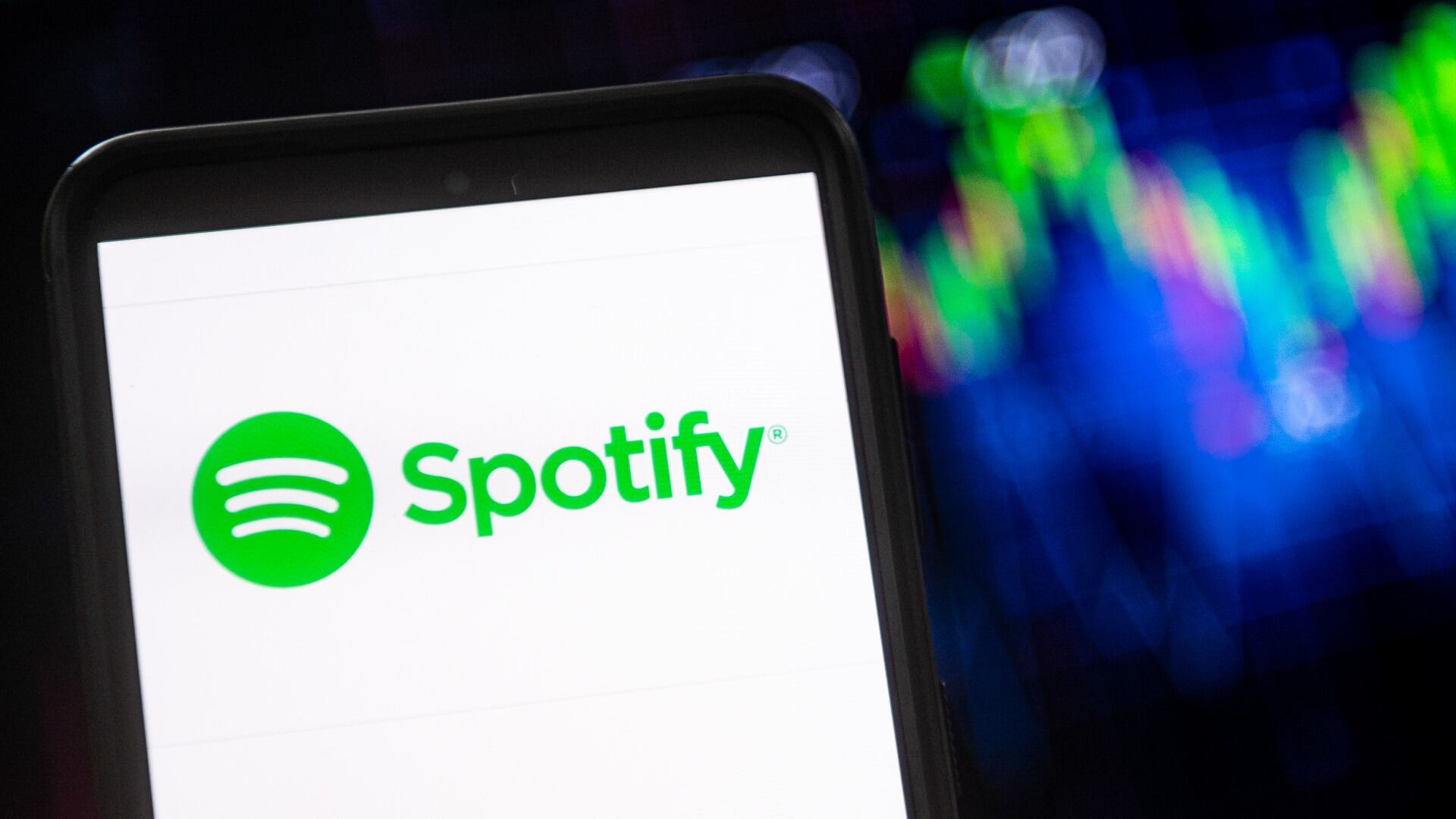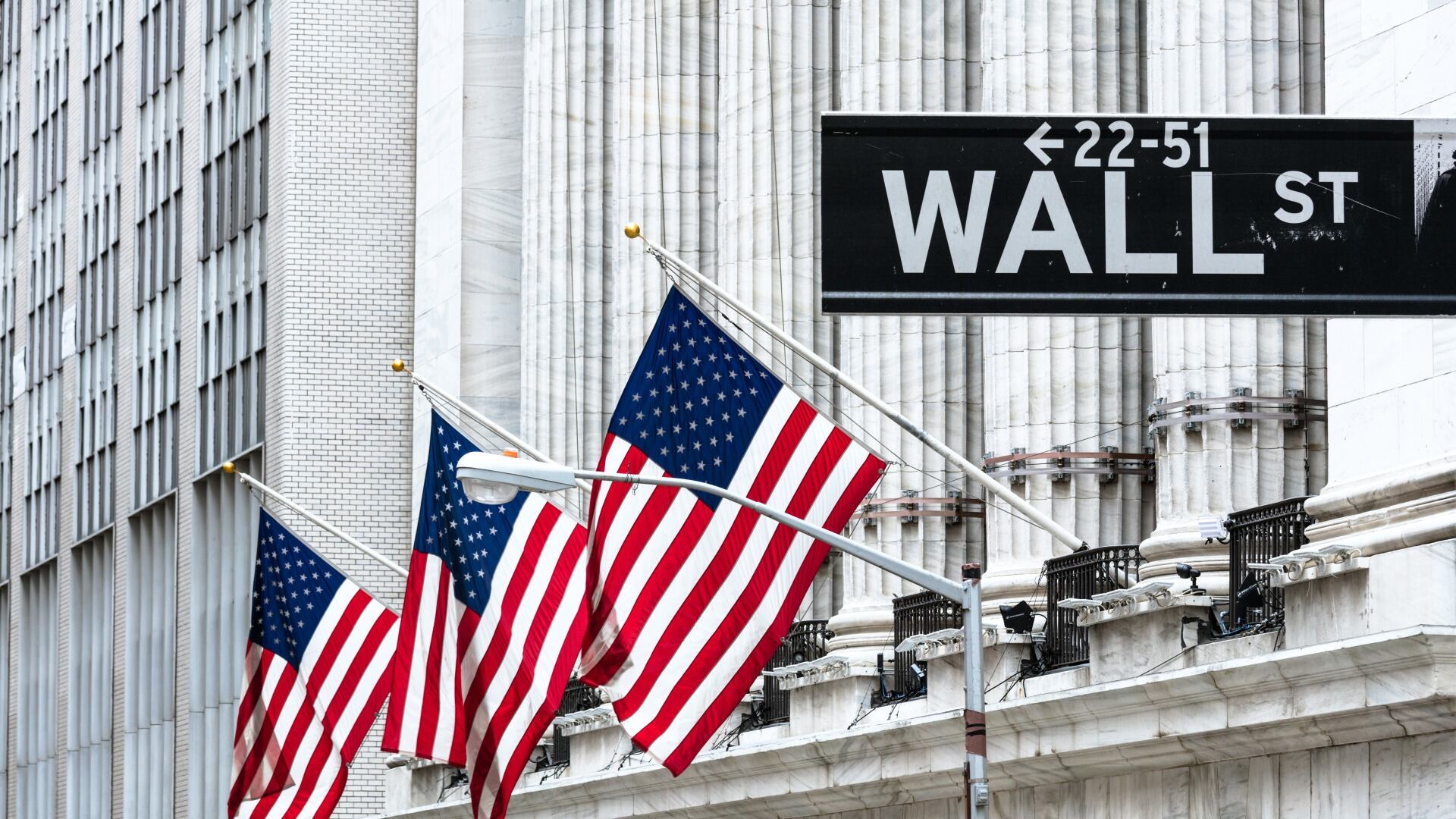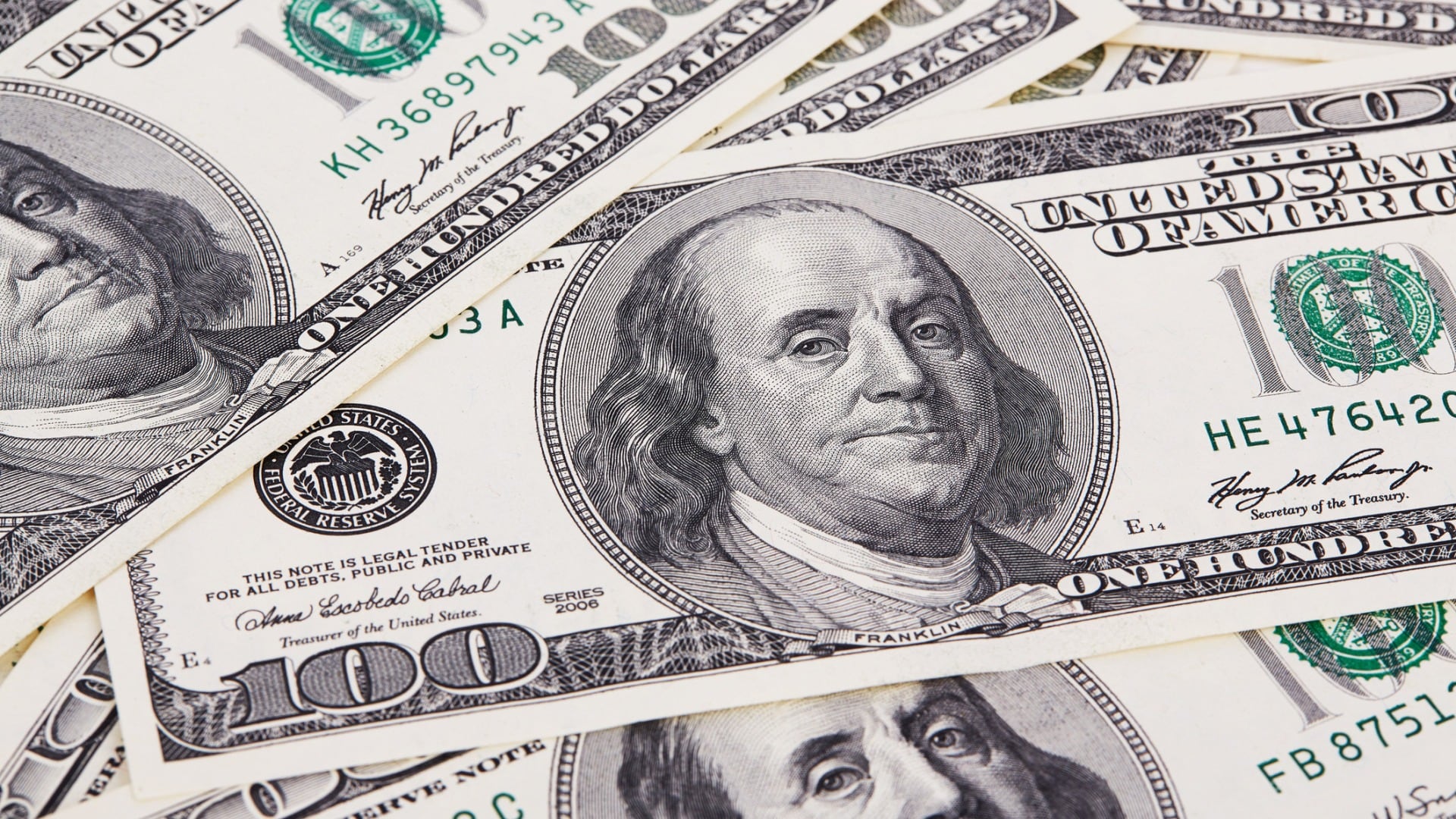The Biden administration enacted a new labor rule Tuesday that aims to prevent the misclassification of workers as “independent contractors,” a step that could bolster both legal protections and compensation for millions in the U.S. workforce.
The Labor Department rule, which the administration proposed 15 months ago, replaces a scrapped Trump-era standard that lowered the bar for classifying employees as contractors. Such workers neither receive federal minimum wage protections nor qualify for employee benefits, such as health coverage and paid sick days.
"Misclassifying employees as independent contractors is a serious issue that deprives workers of basic rights and protections,” said Acting Secretary of Labor Julie Su. “This rule will help protect workers, especially those facing the greatest risk of exploitation, by making sure they are classified properly and that they receive the wages they’ve earned.”
Labor advocates have supported the rule, saying employers have increasingly exploited lax rules to misclassify them and avoid paying minimum wage and benefits. In a report, the left-leaning Economic Policy Institute said construction workers, truck drivers, cleaners, landscapers, security guards and call center workers are among the most commonly misclassified workers. It estimated that misclassified construction workers lose between $10,177 and $16,729 per year.
Major business groups have opposed the new rule, saying could it burdens employers with costly and unnecessary regulations and threatens the flexibility of many workers who want to be contractors. The U.S. Chamber of Commerce issued a statement Tuesday saying it may challenge the new rule in court.
However, major app-based platforms have expressed confidence the new rule will not force them to reclassify their gig drivers.
"This rule does not materially change the law under which we operate, and won’t impact the classification of the over one million Americans who turn to Uber to make money flexibly,” Uber’s head of federal affairs, CR Wooters, said in a prepared statement.
Flex Association, a group that represents major app-based rideshare and delivery platforms, said it expects no immediate impact to the app-based gig economy. Still, the group said that “new guidance could generate significant uncertainty for millions of small business owners and entrepreneurs."
"That’s why we will seek to ensure implementation of this rule does not target workers who overwhelmingly turn to app-based platforms to earn supplemental income on their own terms,” Flex Association said.
DoorDash also it was “confident that Dashers are properly classified as independent contractors” under the new guidelines. Lyft said it expects the new rule will have no immediate impact.
The new rule comes at time when more states are passing laws that guarantee a minimum wage and other benefits for app-based workers, including New York last year.
Financial markets appeared to shrug off leaked news of the agreement on Monday. Shares of Uber and Lyft, which dropped 10% and 12% respectively when the administration unveiled the proposed rules in October 2022, rose 2.5% and 5.8% on Monday. Shares rose about 1% early Tuesday.
The new rule, while will take effect March 11, directs employers to consider six criteria for determining whether a worker is an employee or a contractor, without predetermining whether one outweighs the other. That's a change from the Trump-era rule, which prioritized two criteria: how much control a company has over its workers and how much “entrepreneurial opportunity” the work provides.
The criteria also include whether the work requires special skills, the degree of permanence of the relationship between worker and employer, and the investment a worker makes, such as car payments. It also requires employers to consider whether the jobs performed by such workers are an integral part of the company’s business, potentially creating difficulties for app-based transportation platforms that rely almost entirely on gig drivers.
However, Jessica Looman, administrator of the Department of Labor's Wage and Hour Division, said during a press briefing that final rule isn't intended to apply specifically to certain industries or type of work.
The rule does not carry the same weight as laws passed by Congress or state legislatures. Instead, it offers an interpretation of who should qualify for protections under the 1938 Fair Labor Standards Act.
